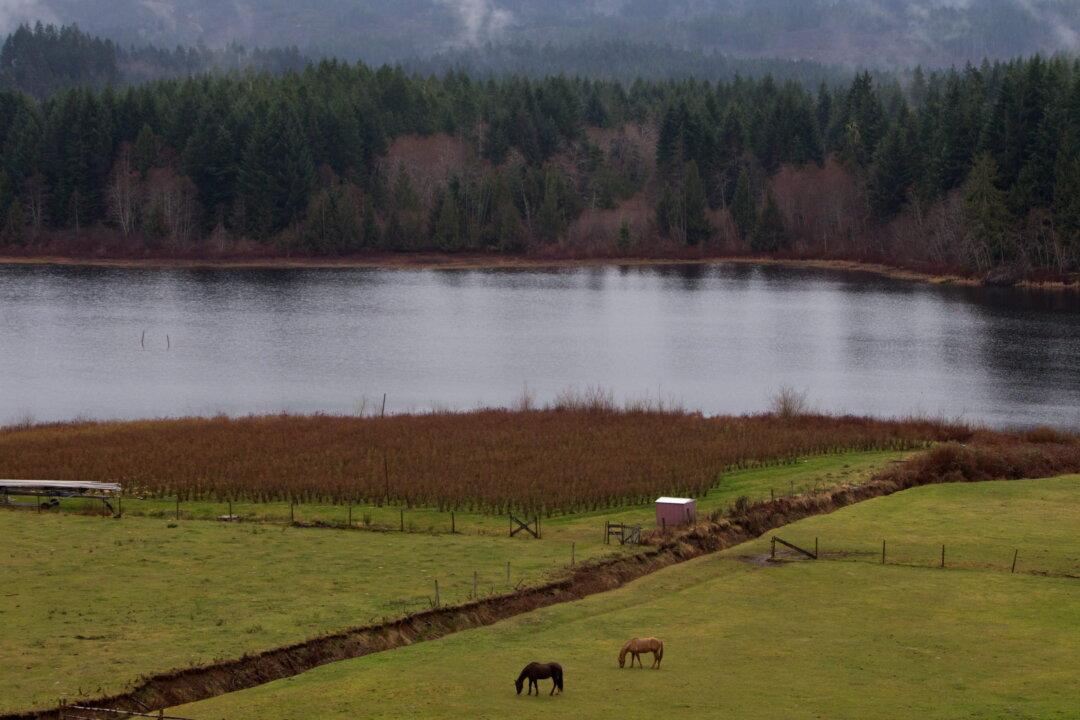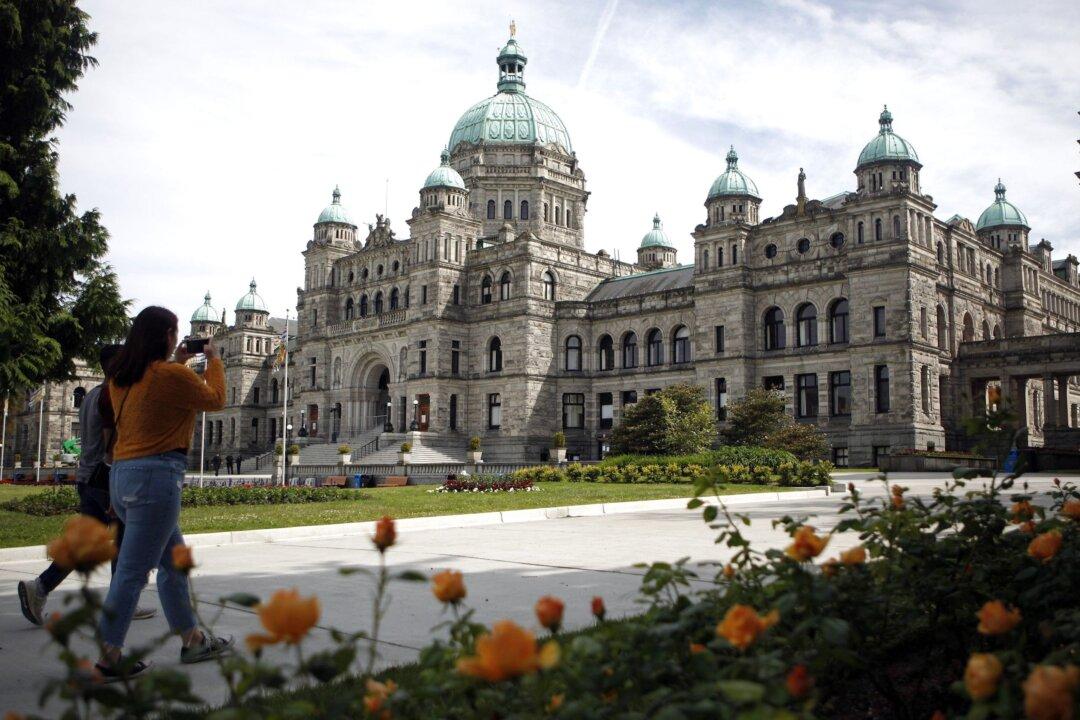Some B.C. farmers say they were stunned after the Ministry of Forests ordered them to shut down their wells, noting this has cut off their groundwater supply, putting livelihoods at risk and threatening food security.
The order says certain farms and businesses are part of watersheds that have been experiencing extreme water shortages and operating without a groundwater licence, which they were required to apply for by March 2022. Enforcement escalated this summer as the province began taking more measures to conserve water, citing drought conditions.


